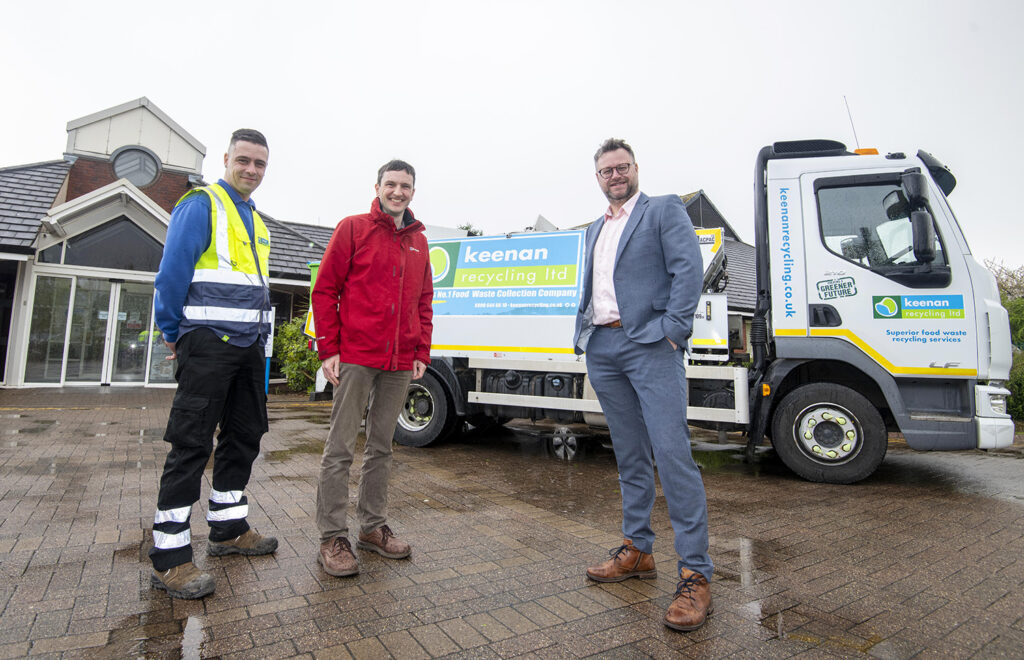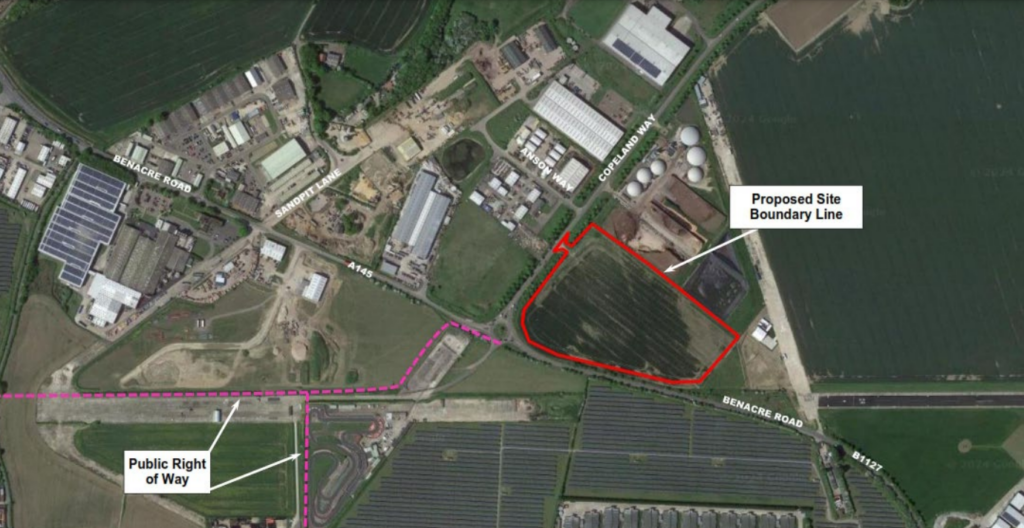In a new survey, The State of Composting in the UK 2001/2, the Association found that 1.66 million tonnes material was processed in 2001/2, compared to 833,000 tonnes in 1999/00.
The association also found that the number of composting facilities had been increasing by 25% per year for six years, to 218 in 2001/2. The amount of waste processed in-vessel also increased from 5% in 1999/00 to 11% in 2001/02 – indicating the industry has been preparing to take animal by-product-containing materials.
Praise
Jane Gilbert, chief executive of the Association, praised the UK's proven, reliable and affordable treatment processes and its progress in recent years. She added: “During this time the industry has been dominated by green waste composting but I fully expect that to change in forthcoming years now a framework is in place to enable the treatment of other biodegradable wastes such as catering and kitchen wastes.”
The report also revealed that England composted the vast majority of the total in the UK, at 1.5 million tonnes. But Northern Ireland residents were the best composters, with households collected 73kg per year on average, compared to 72kg in England and the much lower values of 31kg in Wales and 25kg in Scotland.
Product
In terms of composted products, the UK was found to be producing about one million tonnes of finished compost, most of which were used as soil improvers and mulches. One third was used in high-value outlets such as horticulture, landscaping and domestic gardening, another third was used for landfill restoration or daily cover, and the final third was used in agriculture.
To read The State of Composting in the UK 2001/2 in full, visit the Composting Association website or contact the Composting Association on tel: 01933 227777.










Subscribe for free